By Thomas M. Cassidy
The American Red Cross has three lifesaving principles, “Reach, Throw, Don’t Go.” Stand or lie down on solid ground and reach out with an object like a pole that the drowning person can grab so you can pull them to safety. Throw a flotation device toward a swimmer in distress to help them stay afloat and call for help. Don’t Go is a warning that people who jump in the water to rescue a drowning person put themselves at risk of drowning. Even lifeguards must be very careful when they rescue a panicked and distressed swimmer. As a former lifeguard let me explain:

My first rescue occurred in the ocean at Rockaway Beach soon after my seventeenth birthday. I was working the late shift, and the next available lifeguard was two beaches away. It was early evening, and no one was on the beach. A few minutes before closing time, a woman puts her towel on the sand and walks into the water. Within a few minutes she was knocked down by a wave and the undertow was rapidly pulling her out to sea. She was desperately screaming for help!
I blew my whistle to get the attention of the nearest lifeguard and then swam to her. I told her I was a lifeguard, and she was safe. She stretched out her arm and I started to bring her close to me so I could swim her back to the beach. Suddenly in a desperate frenzy, she gripped both her arms around my neck so tight that I almost lost consciousness. We both sank to the bottom of the ocean, and she finally let go of my neck. I recovered quickly, and I was able to push both of us to the surface to get a breath of air. A lifeguard who heard my whistle arrived within minutes and helped me bring the nearly drowned woman safely to the beach.
Although lifeguards in the United States rescue 100,000 people every year, never assume that a lifeguard can see every swimmer in trouble. If you are struggling or see a distressed swimmer in the water, yell for help, and yell loudly!
Many people swim in pools, lakes and beaches with no lifeguard protection. For example, I was recently on vacation at a resort with five swimming pools and no lifeguards. I did a safety check and spotted the rescue pole and life preserver on the deck before my family went into the pool. Still, I was on high alert. Not for my five-year-old granddaughter who was always under the watchful eye of her parents, but the hundreds of other children and people in the pool.
The Centers for Disease Control (CDC) reports that on an average day in America, there are 11 fatal and 22 non-fatal drownings. It only takes 20 to 60 seconds for a person to drown, so it’s important to always stay alert when people are bathing at beaches, lakes and pools. Above all, keep very watchful eyes on children, even when lifeguards are present. The CDC reports that for children ages 5 to 14, drowning is the second leading cause of unintentional injury death after motor vehicle crashes.
A cool dip in a backyard pool or a refreshing swim at one of the beautiful beaches that surround Long Island is a great way to relax and chill out. President John F. Kennedy said it best, “When we go back to the sea, we are going back to whence we came.”
Author Thomas M. Cassidy, a former investigator, is writer and creator of the feature film, Manhattan South, which is in development. (ktpgproductions.com)








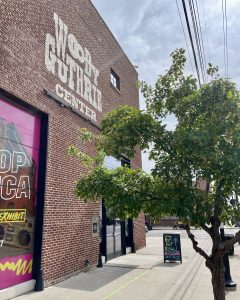
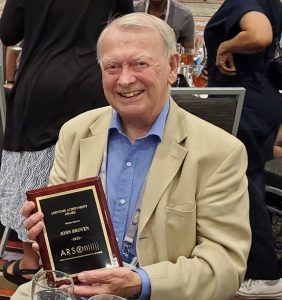
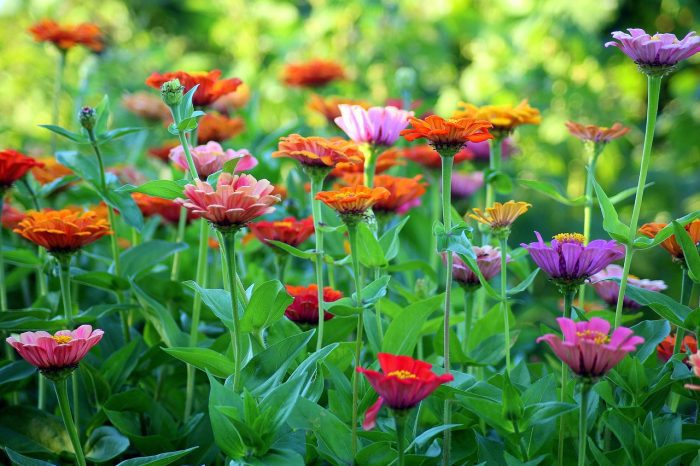
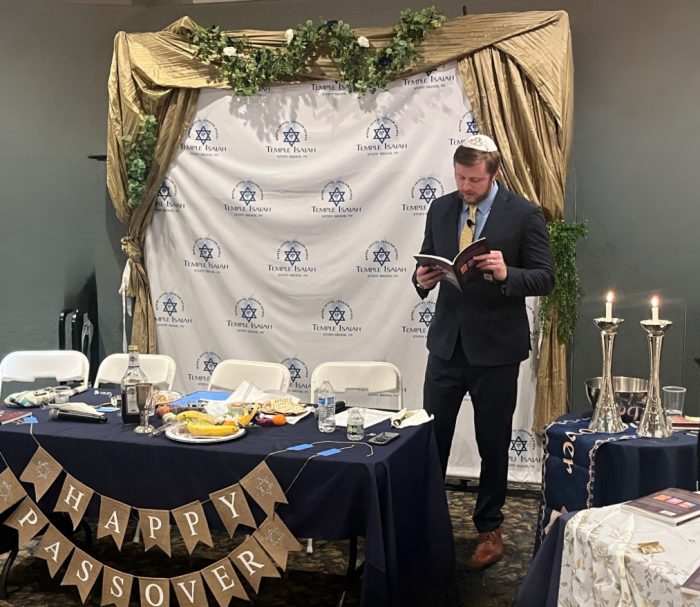
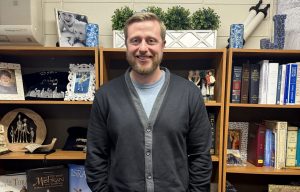
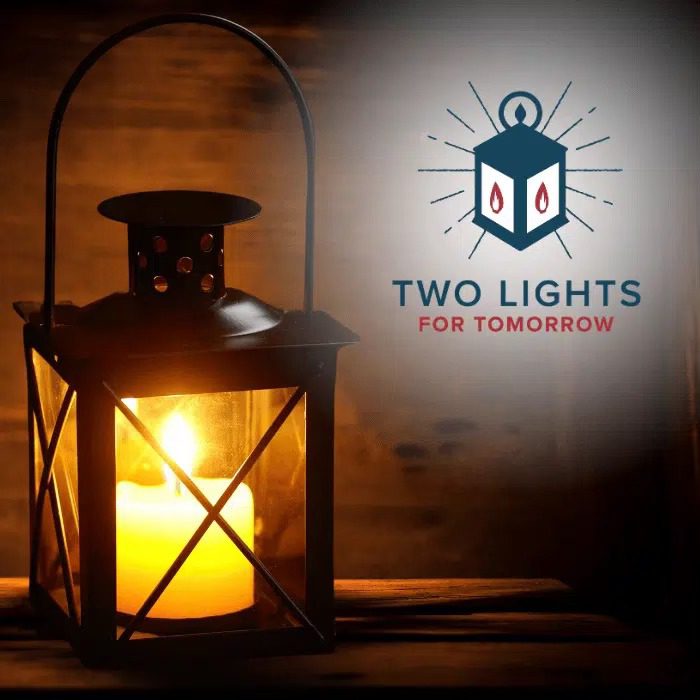
 So this year join the Sound Beach Civic Association in remembering and celebrating what we all studied as the American Revolution. Don’t just read about it — This year live it. Of course, we don’t have to ride, or drive, from Boston to Lexington, a ride that many consider the opening of the American Revolution. There’s another way: An organization, Two Lights for Tomorrow, is asking us to commemorate that famous ride and use the imagery of that shining light “Of the North Church tower” as a uniting call to action to celebrate and serve.
So this year join the Sound Beach Civic Association in remembering and celebrating what we all studied as the American Revolution. Don’t just read about it — This year live it. Of course, we don’t have to ride, or drive, from Boston to Lexington, a ride that many consider the opening of the American Revolution. There’s another way: An organization, Two Lights for Tomorrow, is asking us to commemorate that famous ride and use the imagery of that shining light “Of the North Church tower” as a uniting call to action to celebrate and serve.







